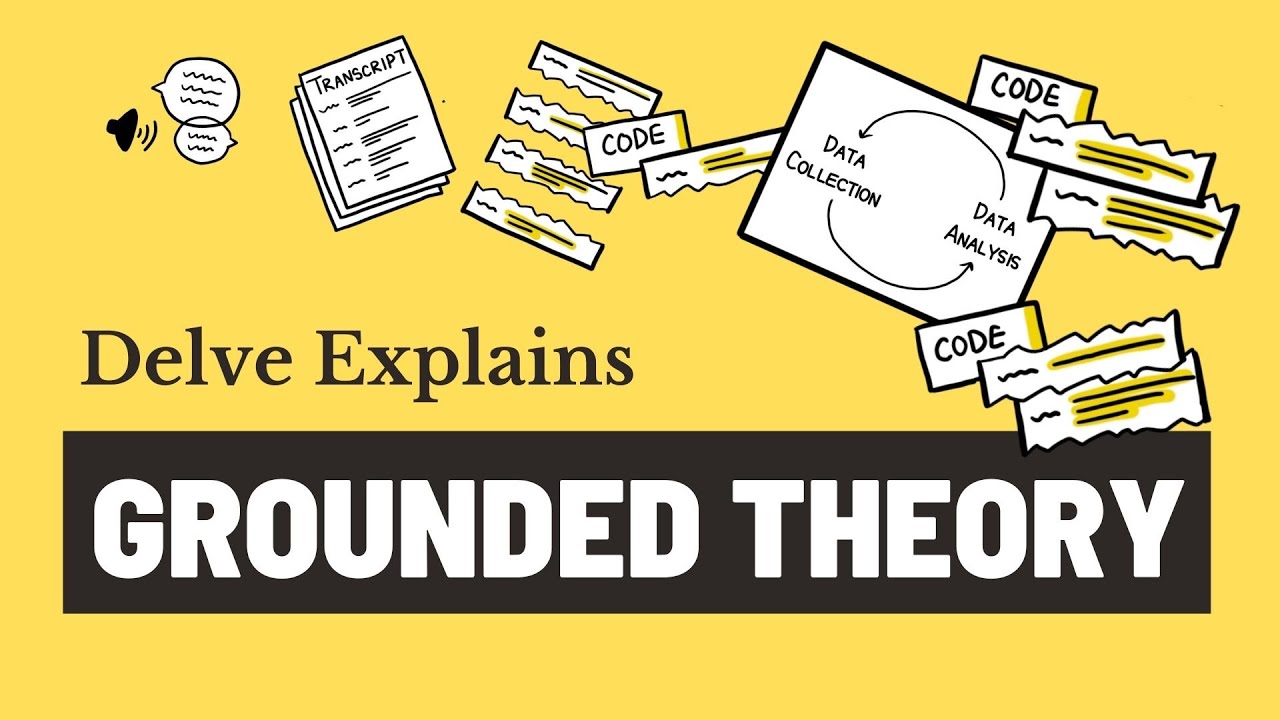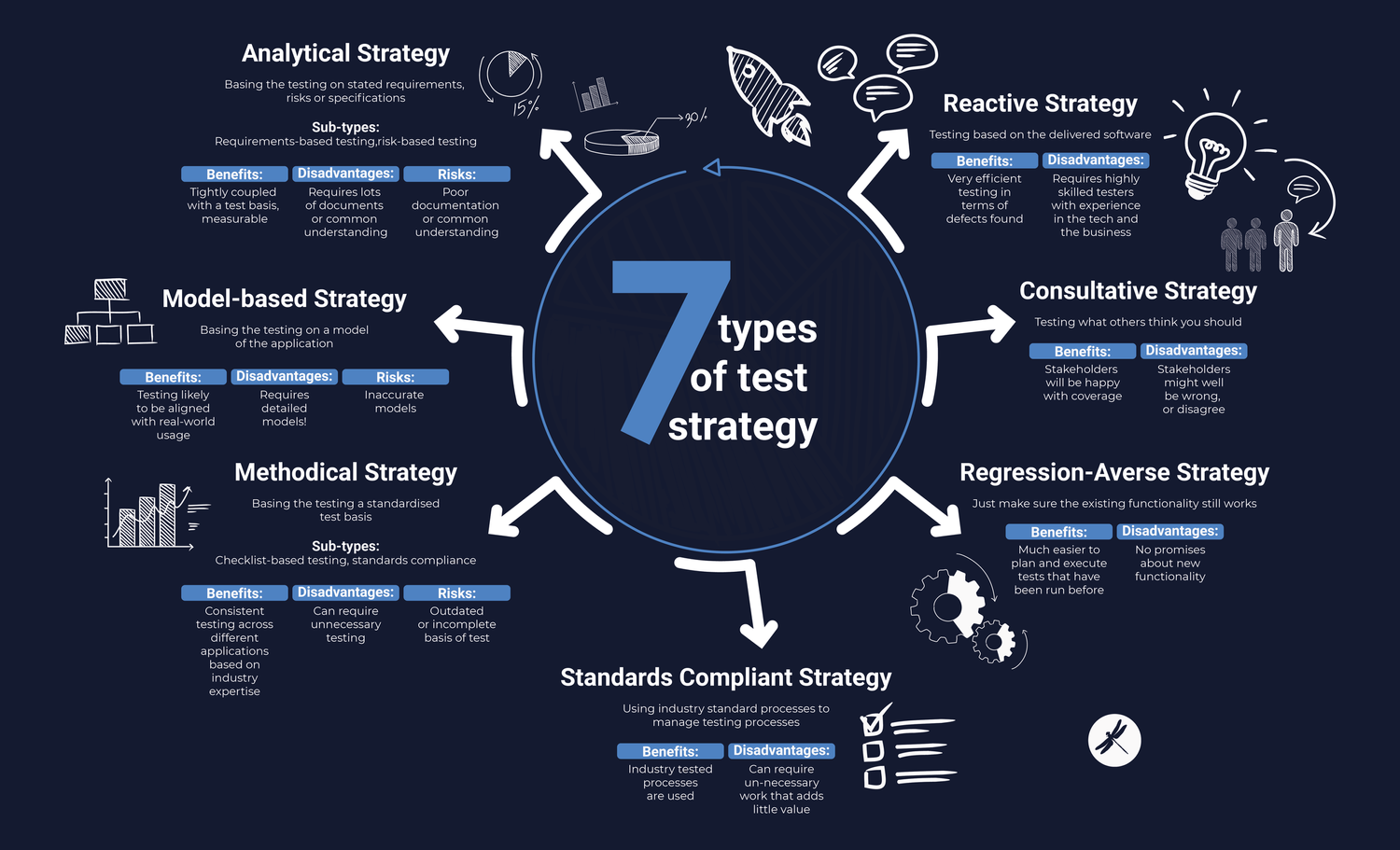Introduction
Grounded theory is a qualitative research method that operates, broadly speaking, by continuously gathering data and then constructing theories based on those data. Instead of testing theories on data, as is the case with most conventional research methods, grounded theory derives theories from the data. It is especially relevant for investigating complex social phenomena and for the discovery of new ideas.
Core Concepts of Grounded Theory
Theoretical Sensitivity: it means that researchers need to be receptive for new insights and ideas, and they should be able to notice relations or patterns in the data.
Constant Comparative Analysis: In this method, data is analyzed throughout collection process which helps researchers to discover new themes and categories.
Theoretical Sampling: Researchers choose other data sites based on their relevance to the developing theory.
Saturation : Collecting data continues until no new insights or themes are identified.
The Grounded Theory Process
Data Collection:
Into the insights offered by qualitative research, researchers access data via interviews, observations and document analysis.
Data Analysis:
Data is coded and classified to find patterns and associations.
Initial codes emerge and are further elaborated in successive rounds of data coding.
Theory Development:
Researchers formulate theoretical constructs or proxies and propositions that describe the phenomena under investigation.
They are based on the data, and as more data is gathered new adjustments can be made to those conceptions.
Theory Testing:
The application tests the theory against new data.
This means the theory can be either modified or heard no more if new data doesn’t support it.
Benefits of Grounded Theory
Generative: because it can generate theories and insights that are not readily available.
Advantage: Contextual—enables researchers to see context in which phenomena occur.
Adaptable: Methods can be applied to various research questions and settings.
INDUCTIVE: it moves from specific observations to general theories.



